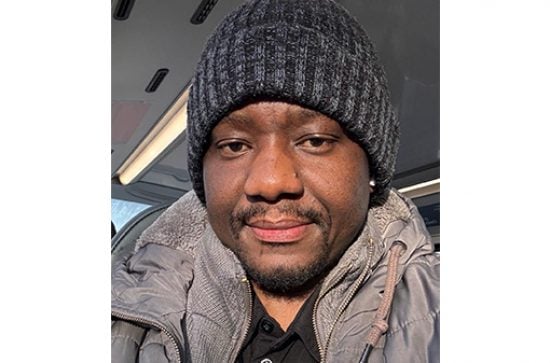Dr Njabulo Chipangura

Biography
Dr. Njabulo Chipangura is an Assistant Professor of Anthropology with an interest in empirical ways by which museum practices can be decolonised through epistemic and aesthetic disobedience benchmarked by undoing earlier ways of knowledge production particularly looking at African collections and their representations. He has a Ph.D. in Anthropology from the University of the Witwatersrand, Johannesburg, South Africa, an MA in Museums and Heritage Studies, from the University of the Western Cape, South Africa and a BA Hons in Archaeology , Cultural Heritage and Museum Studies from Midlands State University, Zimbabwe. Njabu has published several research papers that looks at ongoing debates around the coloniality of museums and associated knowledge production and representation practices, to imagine a decolonised museum in Africa. His first co-written book entitled Museums as Agents for Social Change: Collaborative Programmes at the Mutare Museum was published by Routledge in April 2021. Njabu sits on the editorial board of Museum International a widely read journal on museum practices and theory which is published Routledge in collaboration with the International Council of Museums (ICOM). He is also a managing editor on Museum and Society published by University of Leicester Open Journals. Njabu is currently working on a co-edited volume entitled The Museologies of Africa: Rethinking African Museums, Community Inclusion, Living Cultures and Decolonisation which will be published by Routledge in 2026.
